
Mullein is a plant that belongs to the family Schoiphulariaceae. Latin name for this plant is Verbascum Thapsus, but it is also known as witches candle, velvet plant, candlewick, lugwort, grandmother’s flannel, feltwort, flannel-leaf, hare’s beard and so on. Mullein leaves are thick soft and woolly on the surface. The leaves have a long history of medical use. The leaves were even used to make candlewicks and to cast out evil spirits. As a natural remedy, mullein leaves were above all used to treat diarrhea, respiratory diseases and hemorrhoids.
Medical properties of Mullein leaf
Mullein leaf is a great natural immune-booster. Due to its anti-inflammatory properties, mullein leaf may also relieve earache, inflammation, and to alleviate toothache. Applied topically, it may soothe various skin problems like minor rashes, burns and inflammation.
Mullein leaf is a potent diuretic that is often used to prevent fluid retention. Due to this medical property, mullein leaf extract is extremely beneficial in treating painful urination. Mullein is sometimes used to treat diarrhea, hemorrhoids and other gastro-intestinal problems.
Mullein leaf has certain slight narcotic properties but it is not addictive or poisonous. However, these very same properties may be noteworthy for patients suffering from insomnia. Mullein leaf may help to cure common sleep disorders such as insomnia. Moreover, due to its narcotic properties, it is one of the nature’s best painkillers.
There is some evidence that mullein leaves, boiled in milk, may be used to treat tuberculosis. Mullein was given to tuberculosis patients since the nineteenth century. This traditional remedy may also be applied topically to treat boils, carbuncles, chilblains, hemorrhoids and skin ulcers.
Leaves and flowers may also be used to prepare a tea that is very efficient in treatment of headaches, bronchitis, asthma, dry cough, sore throat, tonsillitis and hoarseness. This tea may bring a chest pain relief, treat asthma, coughs and kidney infections. The tea is quite easy to prepare by steeping a teaspoon of herbs in a cup of boiling water. The mixture should rest for about thirty minutes before being consumed.Mullein Leaf Side Effects
The most common side-effects associated with mullein leaf are sedation or skin inflammation. Mullein is generally a safe herb to use even during pregnancy and nursing. However, there have been reports of contact dermatitis and loss of potassium from the body. Sometimes, the side-effects are being triggered because of the use of mullein leaf in combination with other prescribed or non-prescribed drugs. It is important to consult a doctor before using any herbal remedy and to report any of the side-effects to the personal health care practitioner.


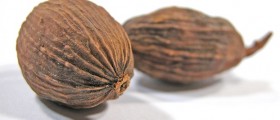




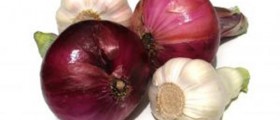
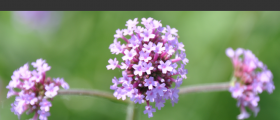
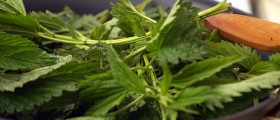
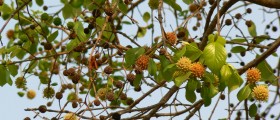
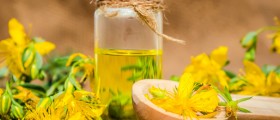
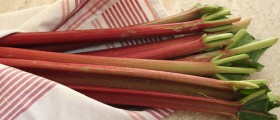
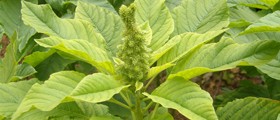
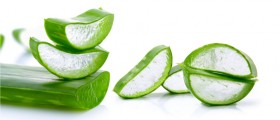
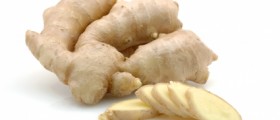

Your thoughts on this
Loading...